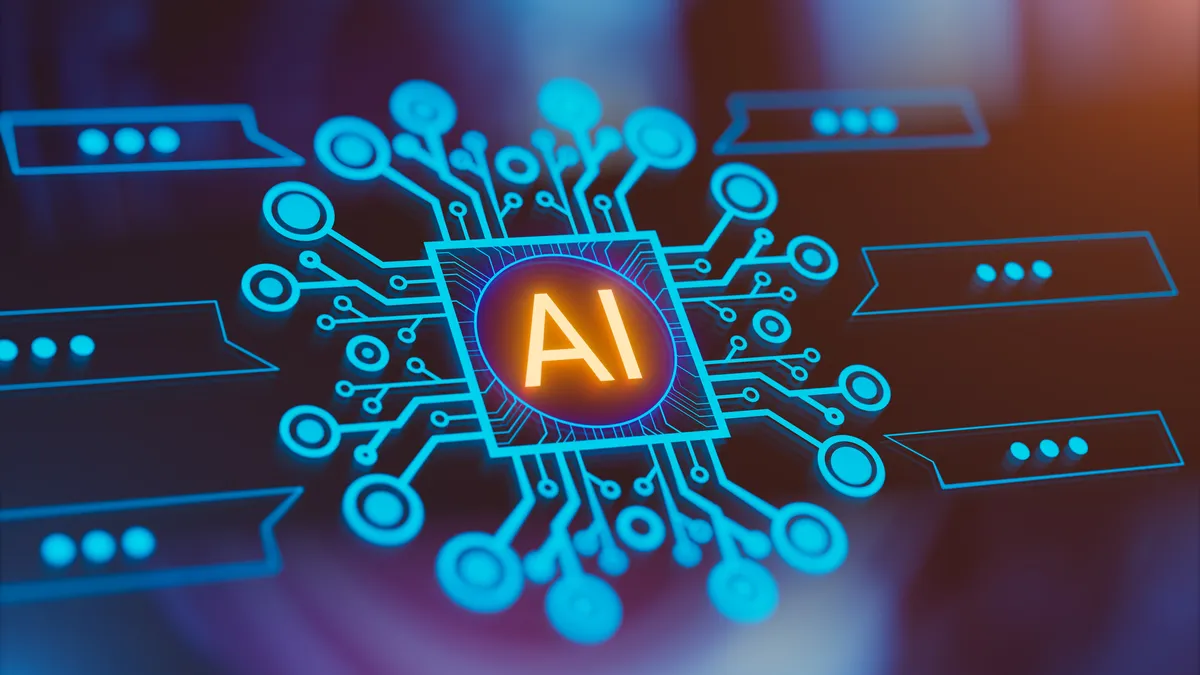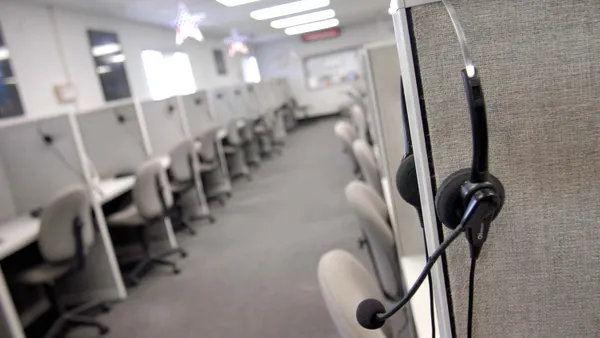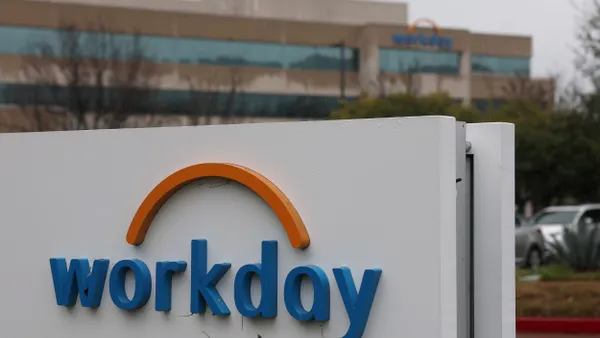Given HR’s expertise in establishing systems that foster organizational culture and catalyze digital change, HR practitioners should be actively involved in developing plans for how their organizations implement responsible artificial intelligence, a new guide from global HR research and advisory firm McLean recommends — but they are often excluded from strategic planning.
The April 11 guide, “Develop Responsible AI Guiding Principles,” defines responsible AI as “the practice of designing, building, and deploying AI to mitigate harm to people, organizations and society.”
Introducing AI technologies to an organization can create tension, as stakeholders often have differing views and competing priorities, the guide notes. But “organizational and HR leaders coming together to build aligned guiding principles can significantly aid in the success and management” of AI technology, the guide points out.
A collaborative approach is central to developing responsible AI, according to McLean, and the guide outlines a three-step process to help HR and organizational leaders build one.
First, leaders should establish an AI governance committee to gather key information, such as the risks associated with adopting and using AI, including constantly changing legal, regulatory, ethical and compliance considerations, the guide says.
The second step involves researching, identifying and drafting principles in line with the organization’s unique needs and clearly defining the rationale and implications of each principle.
During the third step, leaders focus on communication and iteration. That is, they will be developing AI policies and communicating them across employee groups and then evaluating, maintaining, updating and actively reinforcing these policies within their entities.
“Many organizations are not implementing responsible AI guiding principles, which is a critical step in AI governance and the broader AI strategy,” Lisa Highfield, McLean’s principle director, HR technology and AI, stated in a release. “HR leaders have not only an opportunity but a responsibility to help prepare the organization for change and help secure the success of AI adoption as we progress into the future of work.”
Although companies are at different stages of AI evaluation, many are making organizational changes and talking with employees about the impact of AI on the company and its workforce, according to an April 3 report from executive compensation and leadership consultancy Pearl Meyer.
But given AI’s transformative potential, a change management plan should be the first priority, a Pearl Meyer managing director emphasized when the report was released. Done correctly, the plan can help organizations avoid missteps, the managing director said.
Gold-standard corporate execs have been focusing on a few stand-out elements to successfully embrace AI within their organizations, a recent report from global talent trends firm Mercer found. These include prioritizing human-centric productivity, fostering trust and ensuring equitable work practices, according to the report.
For business leaders, training is a big concern, they noted in a survey released a few weeks ago. In particular, business leaders said they can’t train employees quickly enough to keep up with AI and tech developments in the next three years. They also said AI and other tech disruptions will require companies to rethink skills and new ways of doing work.












